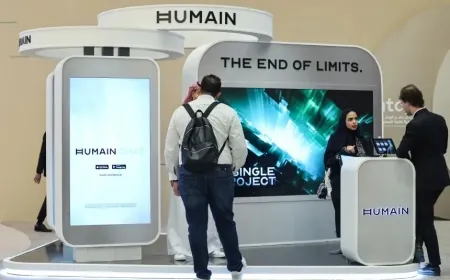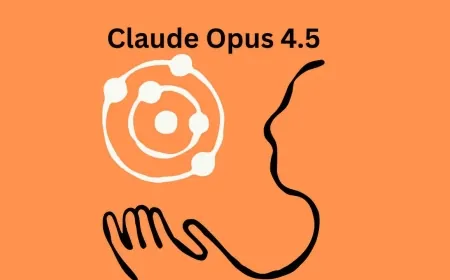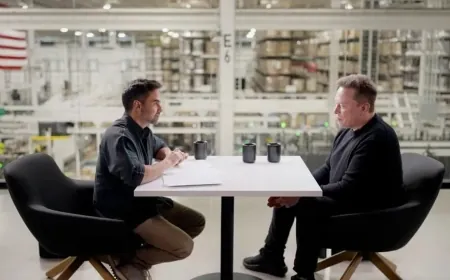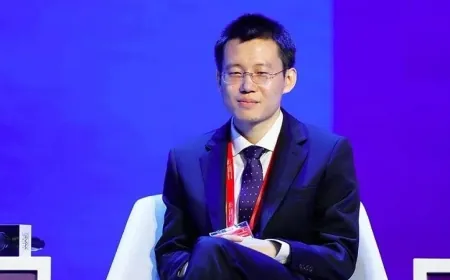OpenAI-Microsoft Clash Threatens $20B SoftBank Deal
OpenAI’s $20B SoftBank deal faces collapse as Microsoft resists governance changes, sparking internal tensions and legal concerns over control and equity.
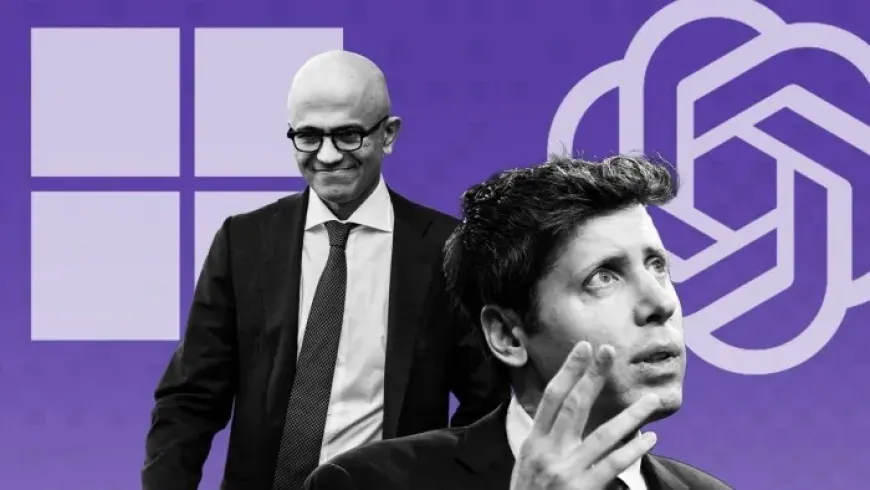
OpenAI’s attempt to restructure its for-profit business into a public benefit corporation has hit a major snag—Microsoft. The tech giant, which has invested over $13 billion in OpenAI since 2019, is reportedly reluctant to agree to new terms that would loosen its influence over OpenAI’s commercial operations.
At stake is a $20 billion funding package led by SoftBank and other global investors, which requires OpenAI to complete the restructuring by year’s end. Without Microsoft’s approval, OpenAI cannot proceed. Talks between the two have grown tense, with reports suggesting that Microsoft is even willing to walk away.
SoftBank Deal Tied to Corporate Control Shift
SoftBank’s investment, part of a broader $40 billion fundraising round, hinges on OpenAI converting its for-profit arm into a public benefit corporation overseen by its nonprofit parent. This change would give the nonprofit board legal control over OpenAI’s operations, aligning with its founding mission.
Investors are demanding clarity over OpenAI’s governance before releasing capital. The restructuring is designed to assure regulators—and future stakeholders—that OpenAI remains mission-driven, not profit-maximizing at the expense of ethics or accountability.
IP Access and Windsurf Acquisition Fuel Rift
One of the most contentious points is OpenAI’s desire to block Microsoft from gaining rights to technologies developed by Windsurf, a $3 billion AI code-generation tool OpenAI recently acquired.
Microsoft, which currently enjoys exclusive access to OpenAI’s core models via Azure, sees this carve-out as a dilution of its value in the partnership. The dispute highlights how intellectual property—especially next-gen AI capabilities—has become the central currency in AI alliances.
Equity Talks Stalled Over Valuation Uncertainty
OpenAI’s proposed new structure has also opened a can of worms over equity distribution. Microsoft has reportedly offered to give up its equity stake in exchange for long-term access to OpenAI's future technologies. But that offer isn’t enough to satisfy OpenAI, which is wary of long-term concessions tied to past funding.
Valuation plays a big role here. With OpenAI’s estimated worth touching $300 billion in private markets, any reshuffling of equity could spark legal challenges if seen as underpricing the nonprofit’s assets.
Legal Hurdles Complicate the Transition
Under Delaware law, OpenAI’s nonprofit status requires that any transfer of value—like moving key assets or IP—must reflect fair market value. If the nonprofit board approves a deal that appears to favor investors over public interest, it could face scrutiny from regulators or even lawsuits.
This issue isn’t theoretical. Legal experts have flagged potential risks of violating nonprofit obligations, especially if OpenAI’s reorganization appears to prioritize investor returns over its original charitable purpose.
Elon Musk Lawsuit Looms Over Decision-Making
Adding to the complexity, OpenAI is battling a lawsuit from co-founder Elon Musk, who accuses the board and CEO Sam Altman of violating the organization's founding charter by chasing profits. Musk is asking a court to stop OpenAI from converting into a fully commercial venture.
While the outcome is still pending, the litigation has cast a shadow over OpenAI’s strategic timeline—and could embolden regulators to apply closer scrutiny if the company proceeds without settling internal and legal objections.
Azure Exclusivity Ends, But Access Still Key
OpenAI has already made moves to reduce its dependence on Microsoft. In January, it partnered with Oracle and SoftBank on “Project Stargate,” a massive AI data center plan. In response, Microsoft relinquished its exclusivity over OpenAI’s Azure usage—but retained right of first refusal.
Still, OpenAI remains tethered to Microsoft for distribution and compute power, which complicates any clean separation. The existing agreements, including revenue-sharing and IP access, are locked in until at least 2030.
Partnership at Crossroads as Deadline Nears
With the clock ticking toward a year-end deadline, OpenAI is running out of time to finalize a corporate model that satisfies both its nonprofit origins and its future commercial ambitions. Talks with Microsoft have grown increasingly difficult, and there are rumblings that OpenAI may seek intervention from antitrust authorities to review Microsoft’s influence.
If the current impasse continues, OpenAI not only risks losing a massive capital injection—it could also see its once-stable relationship with its most powerful ally unravel.
Also Read: OpenAI and Microsoft in Talks to Redefine Partnership and Set Stage for Future IPO
|
Follow iShook on Social Media for More Tips and Updates! |

















































